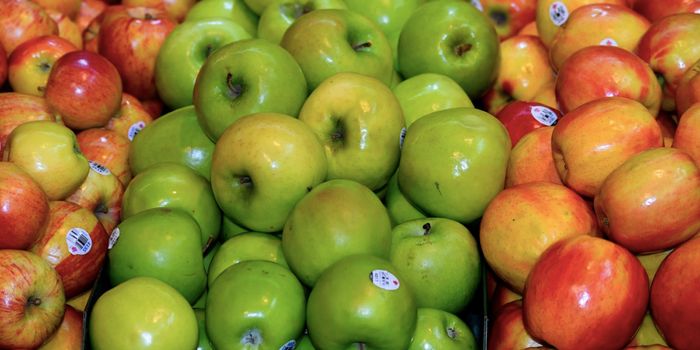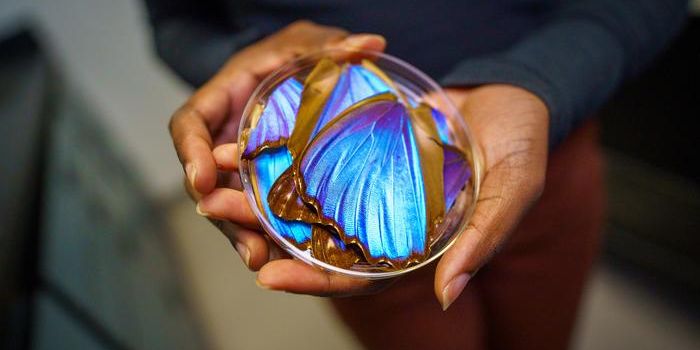Climate Change is Causing Reindeer to Shrink in Size
Reindeer, an iconic mammal of the Winter season and well-known for pulling Santa’s sleigh for Christmas, are reportedly in trouble due to climate change.
Image Credit: JellisV/iStock
The British Ecological Society presented its most recent findings in a meeting at Liverpool, noting that wild reindeer are undergoing a size change. Over the past 16 years, the creatures’ average body weight is said to have dropped by as much as 12%.
A survey of the creatures carried out in 2010 revealed that the average body weight of an adult reindeer was pegged at about 48 kilograms (106 pounds). This figure is down from 55 kilograms (121 pounds) from another survey conducted in 1994.
According to the experts behind the research, this could be an alarming change for the species as a whole, potentially affecting both reproduction and survival.
"Twelve percent may not sound very much, but given how important body weight is to reproduction and survival, it's potentially huge," study leader Steve Albon of the James Hutton Institute in Scotland said to AFP.
Malnourishment reportedly plays a big role in their shrinking sizes. The warming weather is reportedly melting more arctic ice, which in turn evaporates and rains back down on the Earth’s surface. This creates a thick blanket of ice when it freezes back over and making it difficult for reindeer to get to the fungi and plants underneath.
They were always used to digging through snow to get to the prize underneath, but ice is harder and more difficult to penetrate. After spotting food underneath they ice, they’re simply unable to get to it.
Trouble with finding things to eat affects the whole population; pregnant reindeer are especially susceptible to this kind of problem, as their unborn young rely on them to find food. Many unborn young aren’t fed enough, leading to either smaller young, or more devastatingly, miscarriages.
Another factor to keep in mind is that reindeer populations are exploding, so although ice cover plays a big role, there is also a lot of competition to get to what food can be accessed, so many go without.
Although their numbers are strong right now, climate change’s effects on their ability to sustain a diet has the potential to eventually load to catastrophic die-offs that would impact the species numbers. This is unlikely to happen in the near future, but it could within the next few decades.
In the meantime, reindeer are expected to continue to shrink in average size as a side-effect of climate change. The only way to reverse this problem is to work on the pressing climate change issue, which many still refuse to believe is even an actual thing.
Source: The Verge









